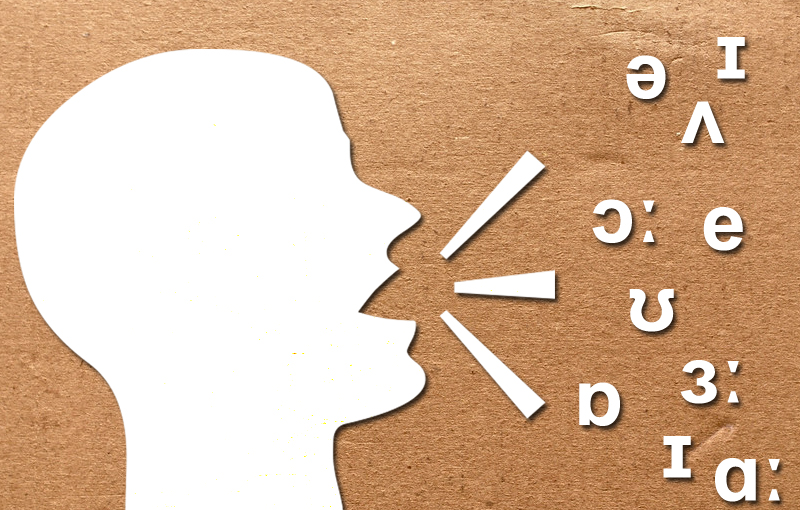Licence 2
This course presents details about theories and approaches to modern linguistics that were flourished in the 20th century, led by F. De Saussure, L. Bloomfield, E. Sapir and N. Chomsky. These series of lessons will be divided into units and main themes. They will spot light on the main schools of linguistics in Europe and America across the two semesters. The lessons will present the three main schools of linguistics of the 20th century: structural, functional and Mentalist. The course will also introduce to interdisciplinary fields of sociolinguistics, psycholinguistics and applied linguistics.
- Teacher: Hanane Saihi

This course introduces research methodology to L2 students. It targets concepts, approaches and tools of doing research and university work in general. Engaging with the different learning activities in this module helps to develop your analytical skills, discovery methods, investigative skills, critical thinking, logic and argumentation.
- Teacher: Meriem Ghennai
This course introduces students to the International Phonetic Alphabet, to the British transcription system, to the distribution of stress within a word, including simple and complex words in addition to the distinctive function of stress in words of the same spelling (first semester). Sentence stress as well as aspects related to connected speech will be presented in the second semester. These will be followed by intonation and comparison between British (RP) and American Accent (GA).
- Teacher: saliha chelli

English Phonetics is a four semesters course for undergraduate students of English at the University of Biskra. In addition to defining the basic concepts in the field of Phonetics and explaining the anatomy and mechanisms of human speech, the course introduces students to the phonemic (i.e., vowels and consonants) as well as the prosodic aspects (i.e., stress, intonation, and rhythm) of English pronunciation. In this third term, the English Phonetics course focuses on word stress and its placement in different types of English words (i.e., simple words, complex words, compound words).
- Teacher: Moustafa Amrate
